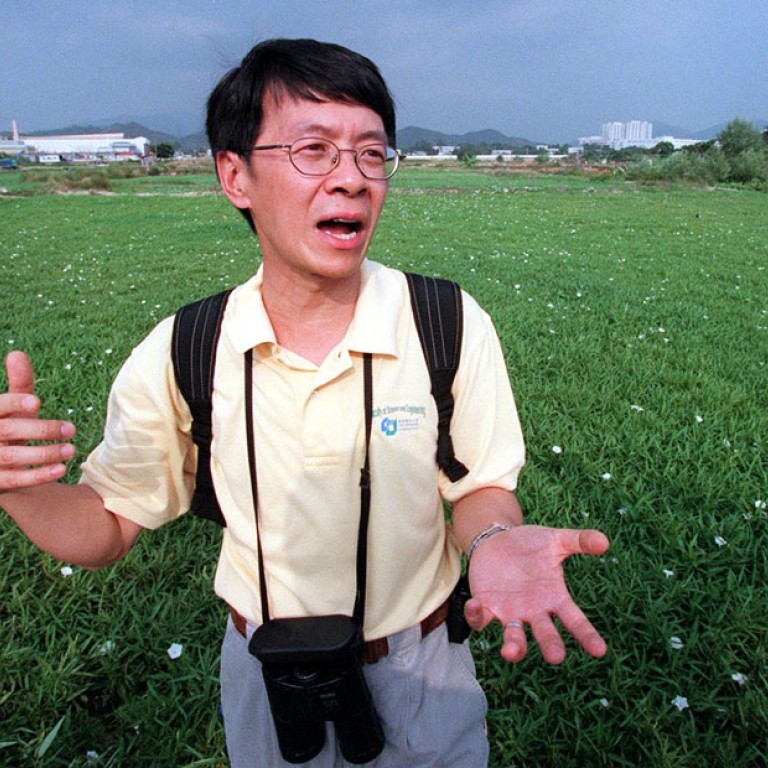
Green advisers say Mau Ping enclave deserves better protection
A government proposal not to incorporate an ecologically important rural enclave into a country park has drawn fire from its green advisers who ask whether conservation officials have twisted the assessment rules.
A government proposal not to incorporate an ecologically important rural enclave into a country park has drawn fire from its green advisers who ask whether conservation officials have twisted the assessment rules.
The doubts were raised at a Country and Marine Parks Board meeting yesterday when some members suggested the Mau Ping enclave surrounded by Ma On Shan Country Park deserved better protection.
The site was among 54 areas surrounded by or jutting into country parks that former chief executive Donald Tsang Yam-kuen pledged to put under country park or statutory zonings.
So far, three sites including Tai Long Sai Wan in Sai Kung have been officially incorporated into parks.
The 45-hectare Mau Ping enclave was ranked sixth out of the 12 most important ecological sites for its well preserved fung shui woodlands, diverse species of vegetation and its perennial natural stream when the government rolled out its updated nature conservation policy in 2004. Top of the list is the Mai Po Nature Reserve.
But the Agriculture, Fisheries and Conservation Department concluded in its assessment that the site should not be incorporated into a country park as there was great potential for small-house development which would make it incompatible with the surrounding protected areas.
Dr Man Chi-sum, a member of the Country and Marine Parks Board, was concerned over what criteria the department had used to assess the site and how the conclusion was reached.
He said the board in 2011 had agreed a set of criteria for designating country parks, which included a rule that said rural village houses could be part of the visual landscape. "There seems to be a discrepancy in the understanding of the wording of the assessment criteria," he said.
Another board member, Dr Ng Cho-nam, asked whether officials had made an incorrect assumption about development potential in the area. "All the villagers have moved out and there are no inhabitants. The villages have not even had any representative for ten years. So in what way has the site come under huge development pressure?"
He said only a quarter of the site was privately owned and the rest was government land.
Acting director of the Agriculture, Fisheries and Conservation Department Leung Siu-fai said the government had not made a final decision and pledged to consult board members further.
